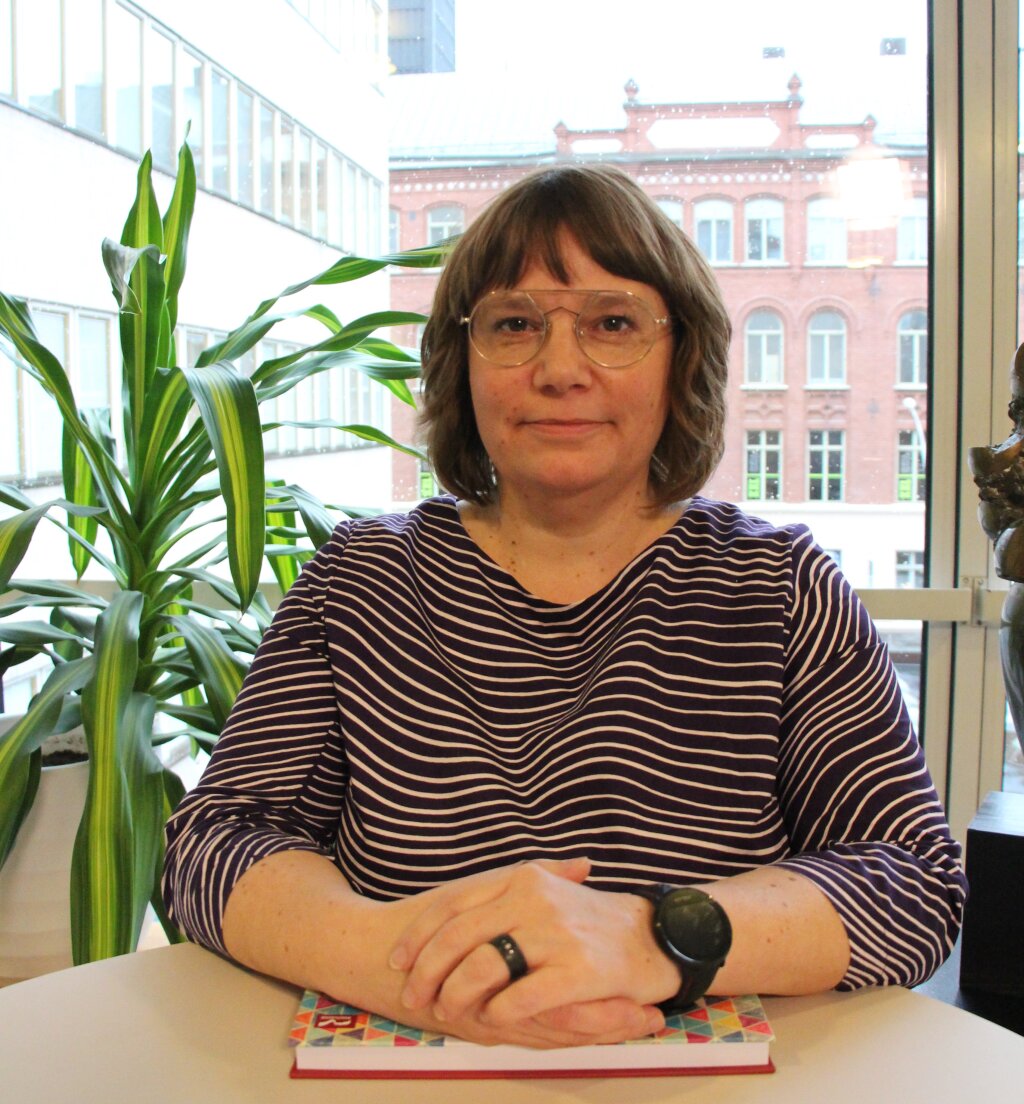Dr. Kulmala will discuss child welfare reforms that have been on-going in Russia for the last decade. The reforms can be conceptualized as deinstitutionalization (DI) and they link the Russian child welfare system closely to the wider international trends of child rights-based child welfare systems. Based on extensive empirical research under two different research projects in 2016-2020, drawing from the neo-institutional framework, the paper she will discuss asks: What are the new ideas and ideals and how they were domesticated in Russia? What kind of institutional change, if any, has followed the these new ideals of care and with what consequences? What factors could explain the obvious flaws in the implementation of the new ideas? The paper argues that ideational shift is real at the policy and program level, however, the overall execution of the reforms remains sporadic and fragmented. It presents four factors which impact the fragmentation of deinstitutionalization reform, including authoritarian political regime, inferior position of child’s rights to other rights and interests, and low level of societal trust. The mentioned latter two interconnect with authoritarianism as the major explanation for the clash between the new ideals and their implementation. The paper concludes that Russia’s invasion of Ukraine sheds a dark shadow over the future development of human rights and social justice in Russia and thus most likely slows downs the child welfare reforms and leads to an increasing instrumental use of child rights to serve the purposes of the authoritarian regime. As always during crises, it is most vulnerable groups, including children, who pay the highest price.
Watch the event recording on YouTube here.
Meri Kulmala holds a PhD in Sociology and a docentship in Russian and Eurasian Studies. She currently works as the director of the Helsinki Inequality Initiative (INEQ) which is a multidisciplinary research network to enhance scholarly debates on inequality at the University of Helsinki (UH). She has led several interdisciplinary and international research projects on child welfare in Russia and carried out peer-research with young adults transitioning into independent living from different forms of care. The outcomes of this research have been published as an edited book Reforming Child Welfare in Post-Socialist Space: Institutional Change in Russia by Routledge in 2021 and as numerous peer-reviewed articles in different journals, including Europe Asia Studies, Demokratizatsiya, Laboratorium, Governance, and Global Social Policy. Based on this research she has also published on co-research as a epistemological and methodological choice. Currently, she is a co-PI in two research projects: one focusing on mental health of young adults, and the other on linguistic vulnerability in social work. Both projects involve elements of co-research and concern structural vulnerabilities and inequalities in the context of the Finnish welfare state.

